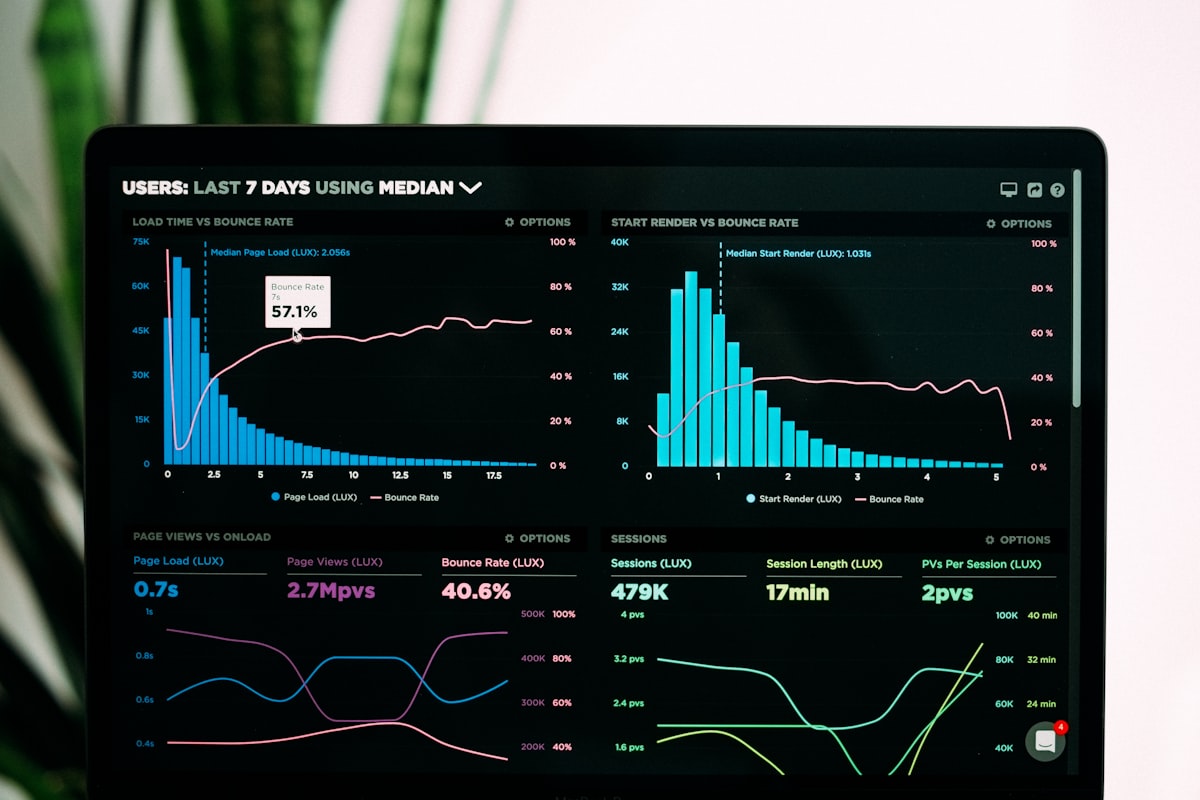Neurosecurity: Build $3M/Year Brain-Computer Interface Protection Practice (2025)

Modern brain-computer interface technology requires advanced security measures
Introduction:
As the world rapidly integrates brain-computer interfaces (BCIs) into healthcare, communication, productivity, and even military systems, the cybersecurity landscape is experiencing a profound evolution. Neurosecurity — the protection of brain-machine systems and neural data — is now one of the most critical emerging fields in digital safety. In 2025, the demand for experts who can safeguard these technologies is booming. This guide explores how you can build a $3M/year neurosecurity consulting practice, offering high-value protection for BCI startups, healthcare providers, research labs, and tech giants entering this space.
1. What Is Neurosecurity?

Visualization of neural data that requires protection in neurosecurity systems
Neurosecurity refers to the security of brain-related technologies — primarily brain-computer interfaces (BCIs), neural implants, neuroprosthetics, and any digital system that interacts with the nervous system. Unlike traditional cybersecurity, which protects networks and data, neurosecurity must defend the direct link between machine and mind. This includes safeguarding neural data (thoughts, emotions, intent), ensuring the safe operation of implants, and preventing unauthorized control or surveillance of brain signals.
Types of Neurotech Requiring Protection:
- Non-invasive BCIs (e.g., EEG-based brain signal readers)
- Implantable BCIs (e.g., Neuralink-type systems)
- Neuroprosthetics (robotic arms controlled by brain signals)
- Neurostimulation devices (used for therapy)
- Neurodiagnostic platforms (mental health, brain mapping tools)
2. Why Neurosecurity Is a Goldmine in 2025

The neurotechnology market is experiencing exponential growth in 2025
Neurotech is no longer science fiction. Billions are being invested by companies like Elon Musk's Neuralink, Kernel, CTRL-Labs, OpenBCI, and dozens of brain-interface startups worldwide. However, these startups often lack dedicated security teams that understand both neuroscience and cybersecurity. That's where you come in — a neurosecurity consultant who can bridge both worlds.
Top Factors Making Neurosecurity Profitable:
- High-risk systems with zero tolerance for compromise (brain health)
- Lack of skilled professionals with dual knowledge (neuroscience + cybersecurity)
- Expensive IP (intellectual property) in early-stage neuro companies
- New regulatory pressure (GDPR, HIPAA + upcoming neural data laws)
- Growing adoption in military and healthcare sectors
Clients in this space are willing to pay six figures per engagement because a single breach or bug in a neural device could cause catastrophic harm — physically, emotionally, and financially.
3. Skills Needed to Start a Neurosecurity Practice

Combining neuroscience knowledge with cybersecurity skills creates a powerful neurosecurity professional
You don't need a neuroscience degree, but you must understand the fundamentals of neural systems, how BCIs function, and how data is transmitted from brain to machine. If you're already a cybersecurity professional, upskilling into this niche can take 3–6 months.
Key Technical Areas to Master:
- BCI signal processing (EEG, EMG, invasive electrodes)
- Medical device firmware security
- Neural data encryption and anonymization
- Wireless transmission protocols (BLE, WiFi, proprietary)
- Privacy frameworks for brain data
- Reverse engineering neuro firmware (for red teaming)
Certifications & Training That Help:
- Medical Device Security certifications (MDISEC, MedISAO)
- Offensive Security Certified Professional (OSCP)
- Certified Ethical Hacker (CEH)
- Neurotech courses from OpenBCI, IEEE Brain, Coursera (e.g. "Neurotechnology")
4. Your Business Model: $3M/Year Roadmap

Strategic planning is crucial for building a successful neurosecurity practice
Let's break down a scalable business model for your neurosecurity consulting practice. You'll offer high-ticket services while gradually expanding into products and partnerships.
Revenue Streams:
- Security Audits: $25k–$100k per project for neurotech devices
- Compliance Consulting: HIPAA, GDPR, FDA for BCI companies
- Firmware Penetration Testing: Red-teaming BCI systems
- Workshops & Training: $5k–$20k for in-house teams
- Productized Toolkits: Sell prebuilt security modules (e.g., brain-data encryption SDKs)
Example Yearly Projection:
- 10 audits/year at $60k = $600,000
- 6 training sessions at $15k = $90,000
- Compliance retainers = $250,000
- Pen-testing BCI startups = $400,000
- Security product licensing = $1.6M
Total: ~$3M/year
5. Finding Clients in the Neurotech Ecosystem

Networking in the neurotech community is key to finding high-value clients
The neurotech startup ecosystem is still small but growing rapidly. Your job is to position yourself as the #1 neurosecurity expert in this niche.
Places to Find Clients:
- AngelList (search "BCI startups")
- LinkedIn (follow keywords: BCI, Neuralink, neuroprosthetics)
- University labs (MIT, Stanford, Caltech neural research)
- Tech conferences: NeurotechX, IEEE Brain, BCI Society
- Medical device incubators and venture firms
Cold Outreach Template:
Subject: "Protecting Your BCI Platform from Neurohacks"
Hello [Name], I specialize in securing brain-computer interfaces and neural implants from emerging attack vectors. I reviewed your platform and noticed you're preparing for clinical or commercial deployment. I'd love to offer a neurosecurity assessment tailored to BCI systems. Let's discuss how we can ensure your platform is future-proof against neural attacks.
6. Tools & Frameworks for Neurosecurity

Specialized tools are required for analyzing and securing BCI systems
You'll use a mix of traditional and specialized tools in your practice.
Recommended Tools:
- Ghidra (reverse engineering BCI firmware)
- Burp Suite for web BCI interfaces
- BLE sniffers (Ubertooth, Nordic)
- OpenBCI GUI for signal exploration
- Wireshark for neural device packet capture
- Metasploit + custom BCI modules
- Custom-built fuzzers for neuroprotocols
7. Legal & Ethical Considerations

Neurosecurity professionals must navigate complex legal and ethical landscapes
Protecting neural data isn't just a technical challenge — it's an ethical one. Human thoughts, intentions, memories, and decisions may soon be recorded and monetized. Your role as a neurosecurity expert includes:
- Designing privacy-by-default frameworks for brain data
- Following neural data ethics standards (IEEE Neuroethics)
- Advocating for consent-first BCI deployments
- Complying with data localization and neuro-rights laws
Emerging Legal Concepts:
- "Cognitive Liberty" – the right to control your own thoughts
- "Neural Sovereignty" – owning your brain data
- Right to mental privacy
8. Scaling to a Full Neurosecurity Firm

Growing a neurosecurity practice requires strategic planning and team building
Once you have demand, you can scale into a full consultancy or product company. Here's how:
Next Steps:
- Hire BCI-savvy junior pentesters
- Launch SaaS neuro firewall tools for devices
- Write research and publish case studies
- Open a neurosecurity certification program
- Secure government and healthcare contracts
Conclusion: Your Path in Neurosecurity

The future of neurosecurity is bright as brain-computer interfaces become mainstream
By positioning yourself as a pioneer in the neurosecurity industry today, you can secure multi-million-dollar consulting opportunities for years to come. As neurotech becomes mainstream, brain data will be the most valuable and vulnerable asset in the digital world. Start small, learn fast, specialize deeply, and build a consulting empire around protecting humanity's most intimate digital frontier — the mind.
SEO Keywords:
neurosecurity consulting, BCI cybersecurity, brain-computer interface protection, neural implant hacking, secure brain data, neural signal encryption, BCI firmware security, neurotechnology business 2025, neurosecurity startup, earn $3M/year cybersecurity, medical device security 2025
Blogger Labels:
Neurosecurity, Cybersecurity Consulting, BCI Security, Brain-Computer Interfaces, 2025 Cyber Trends, Cybersecurity Career





0 Comments